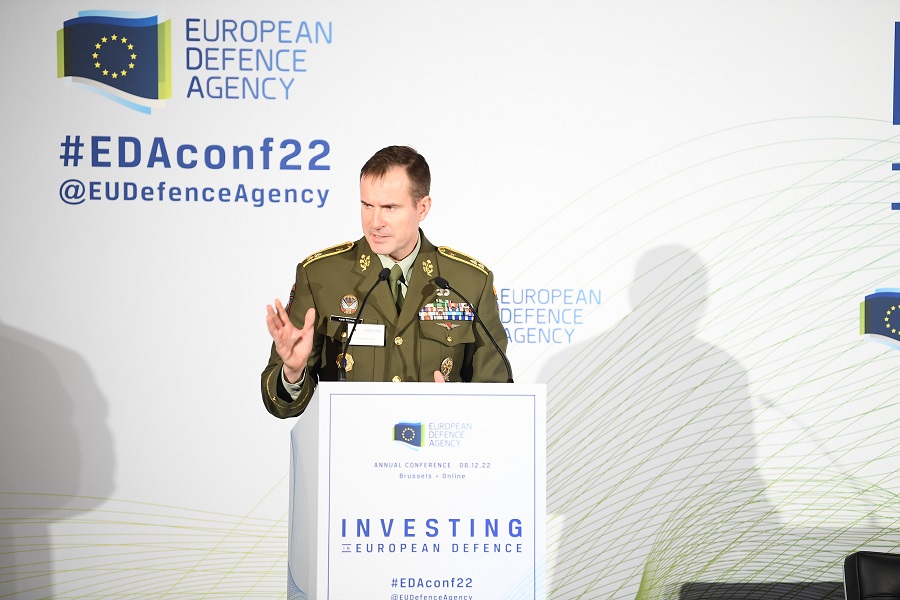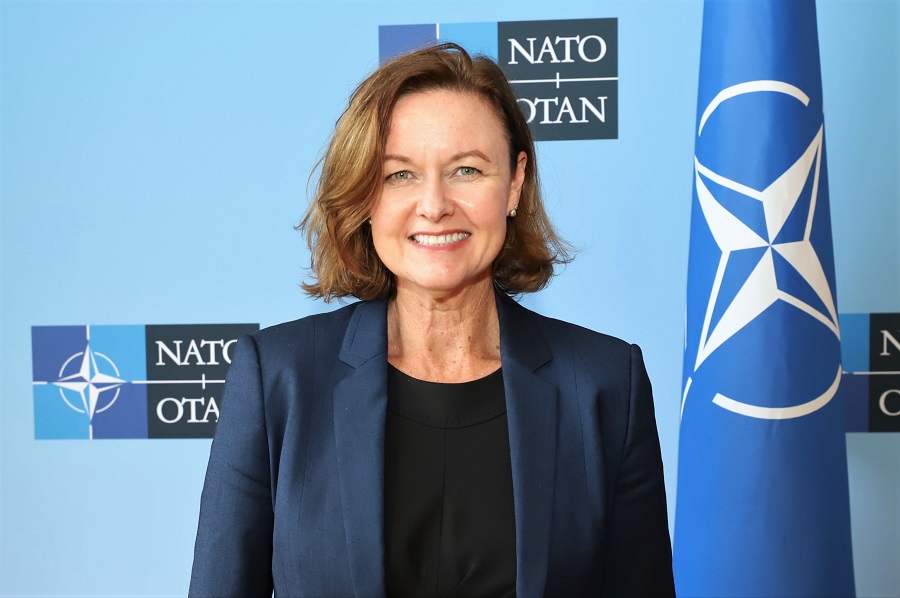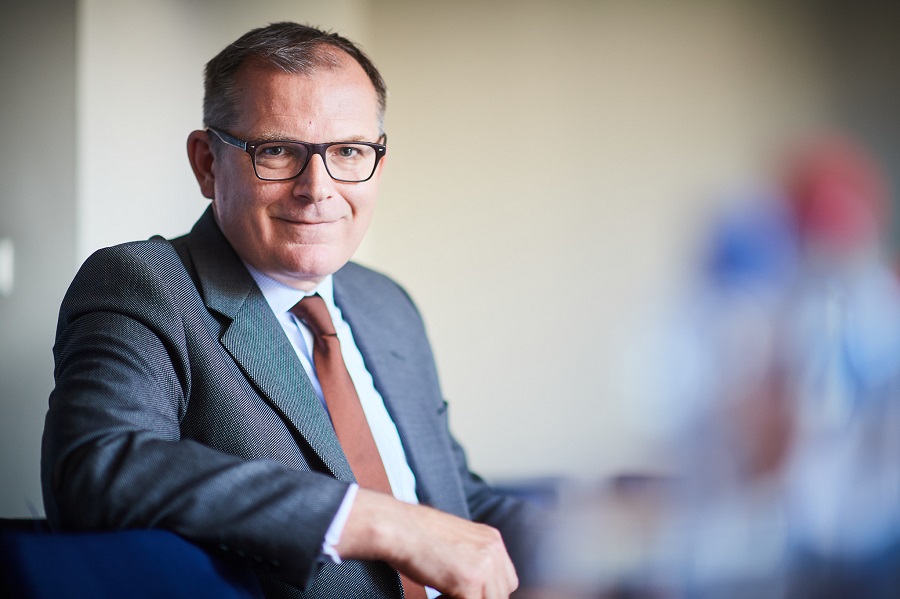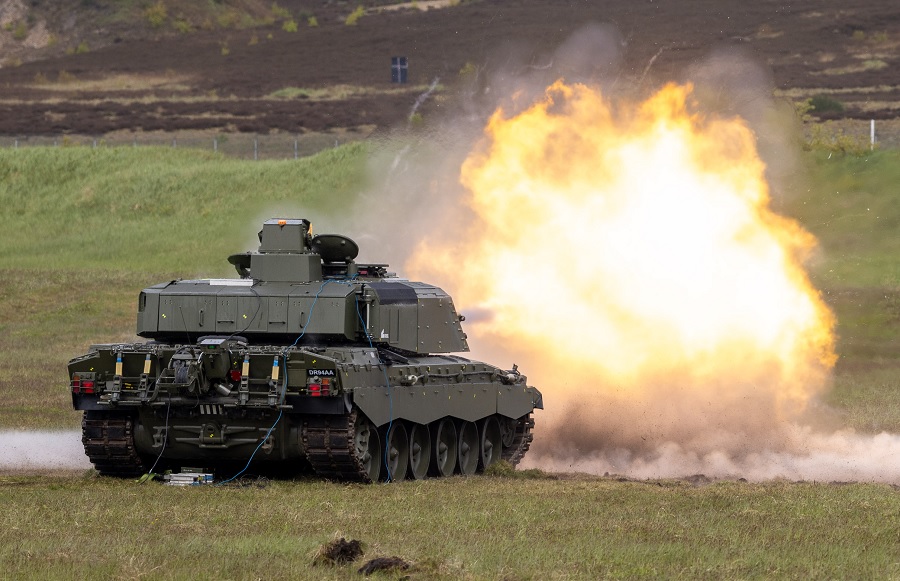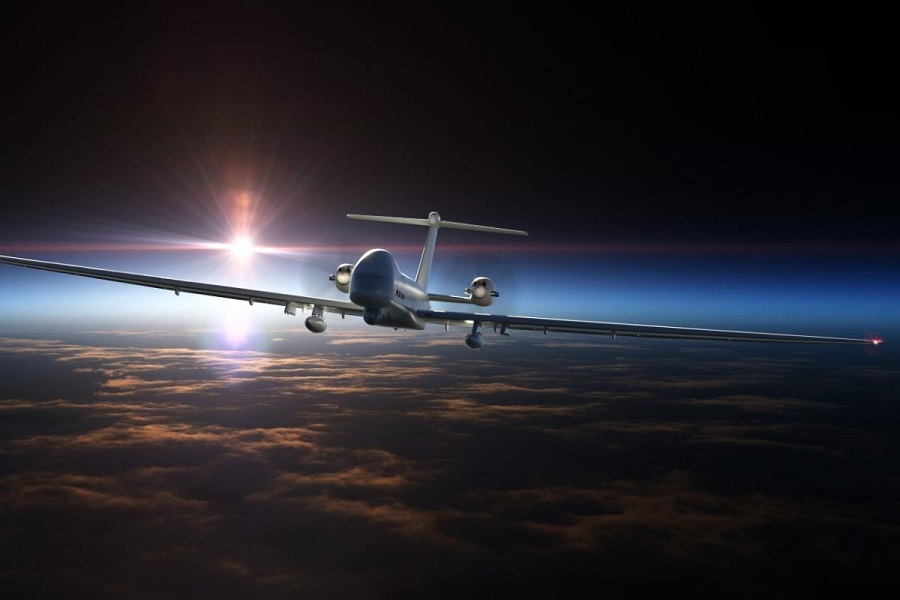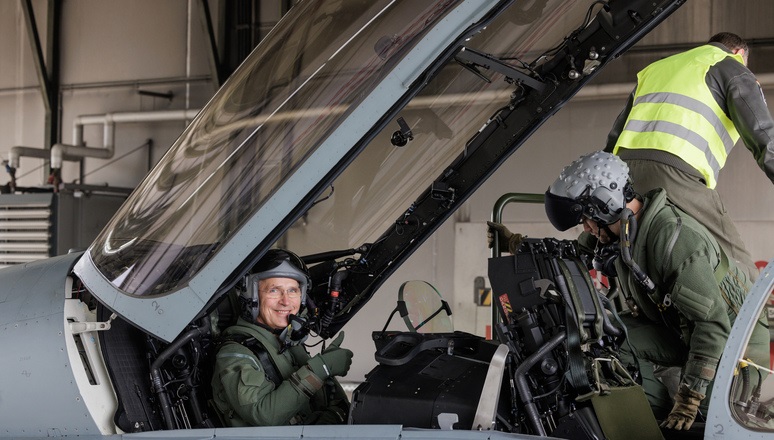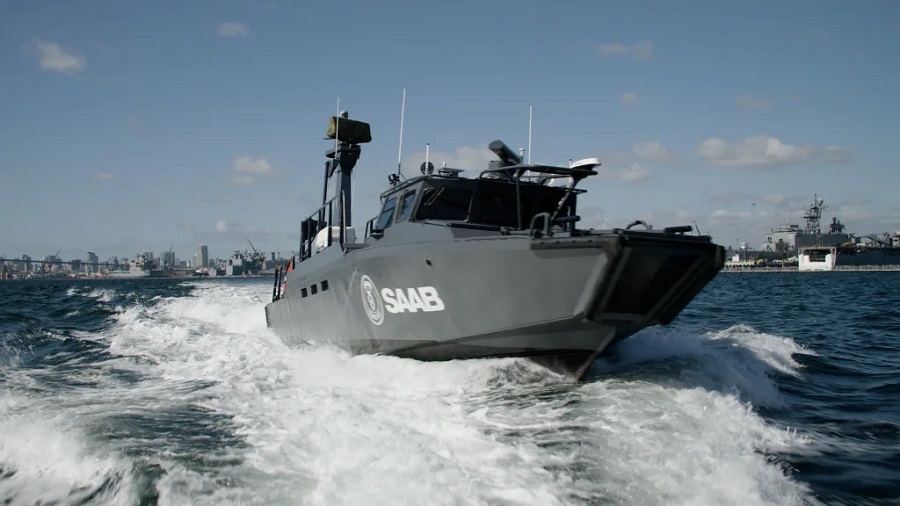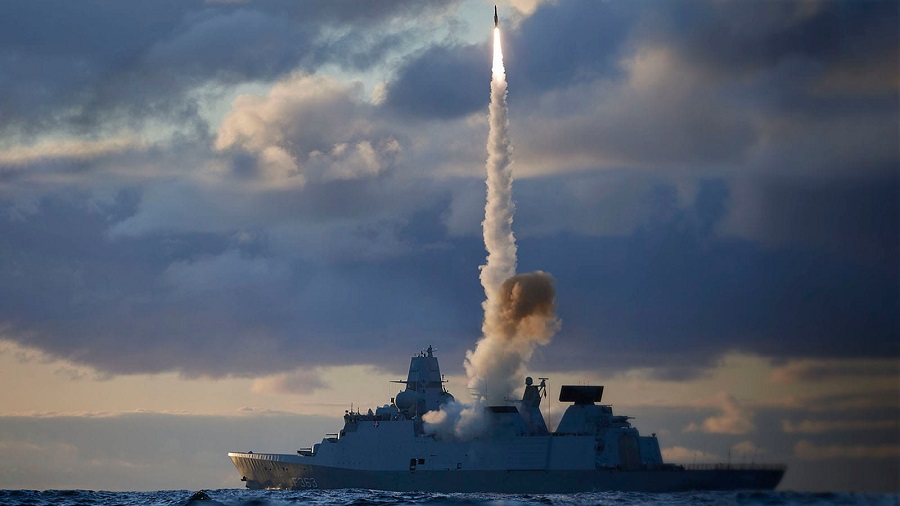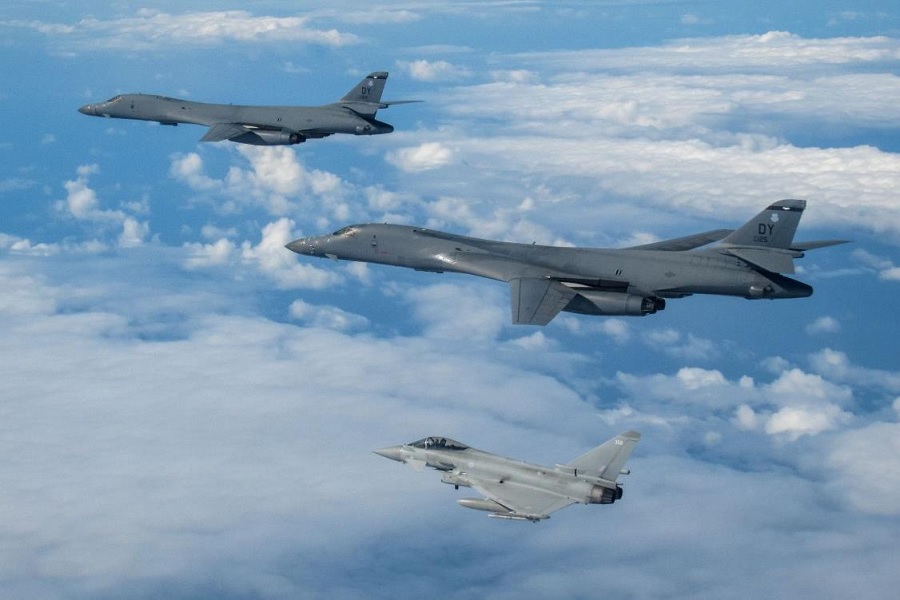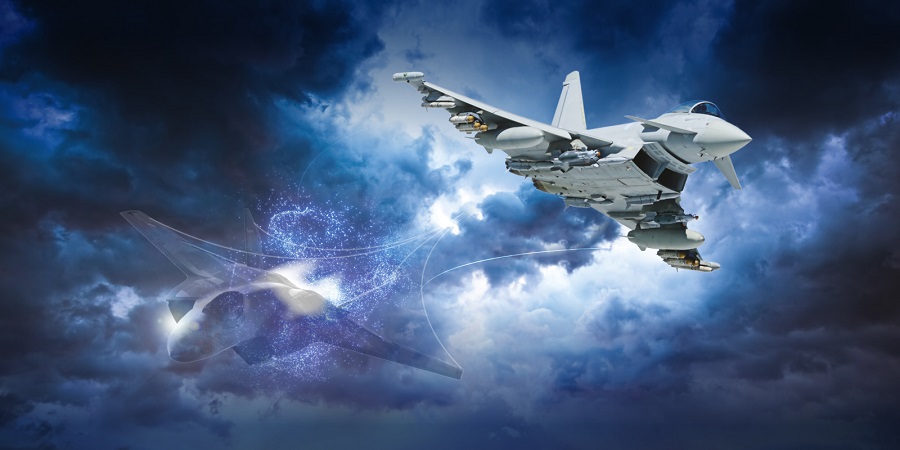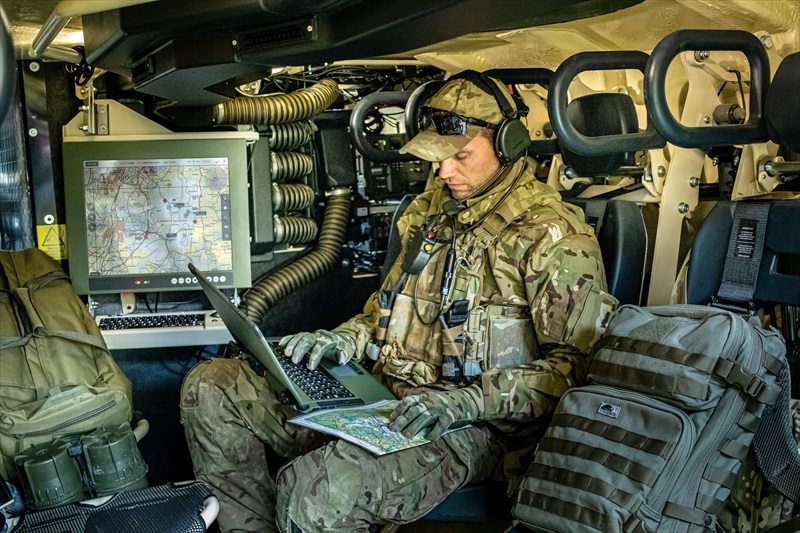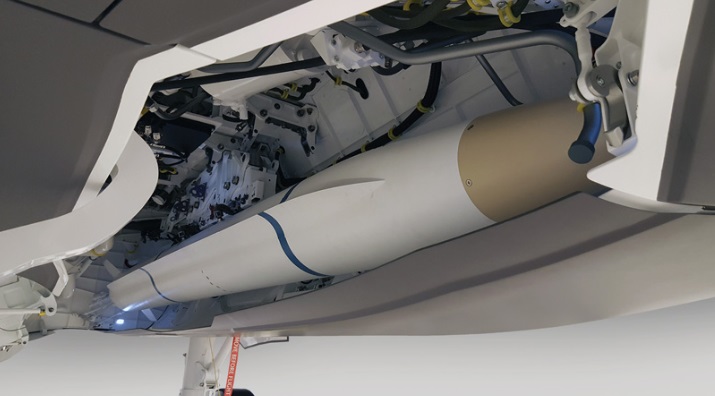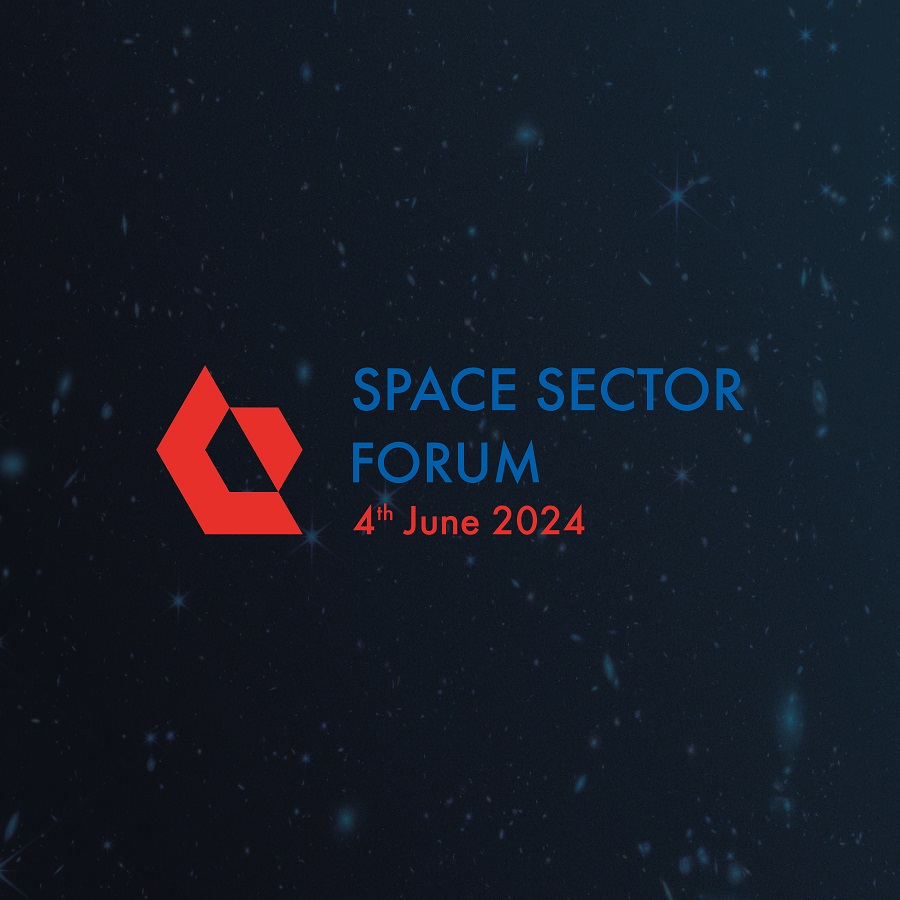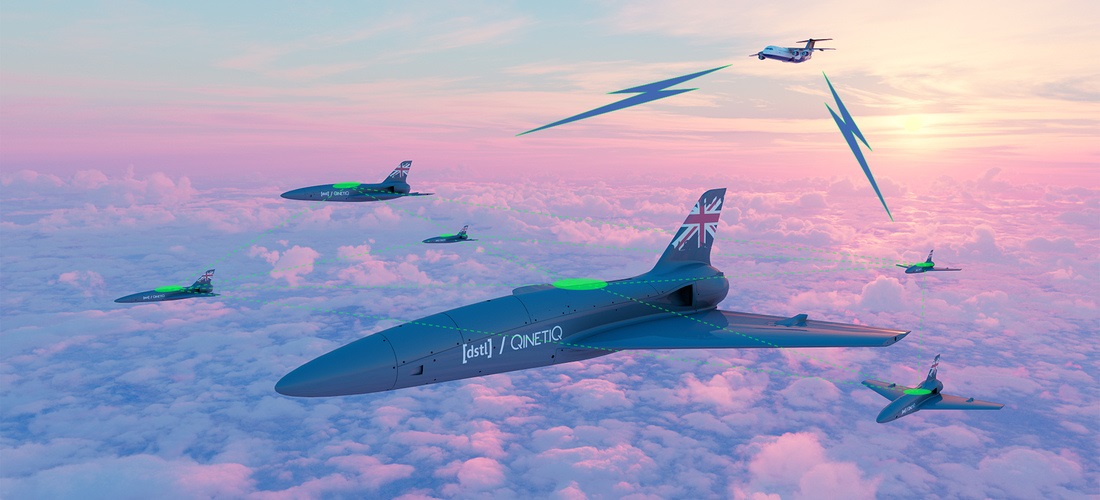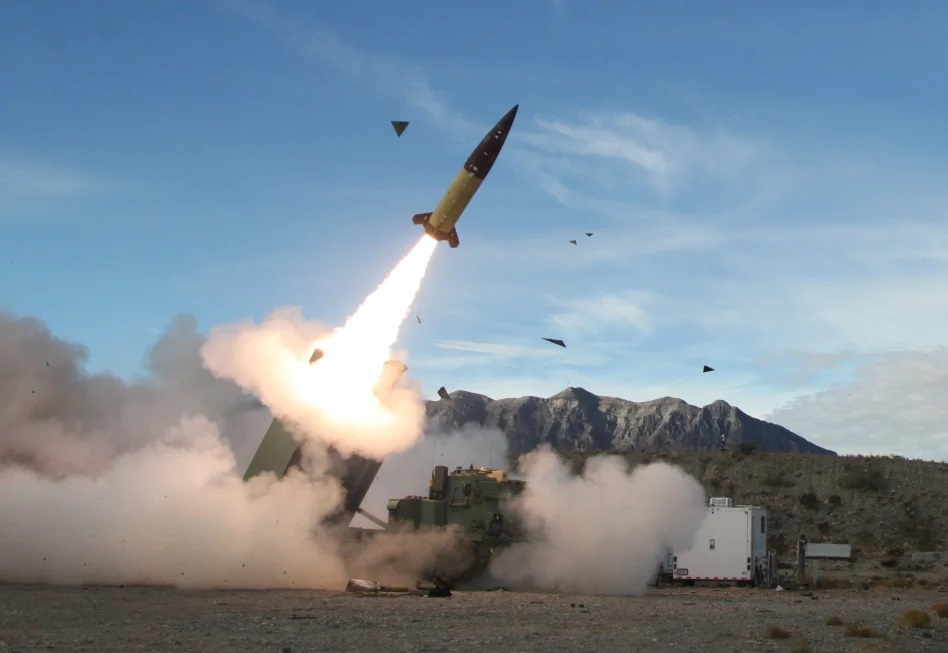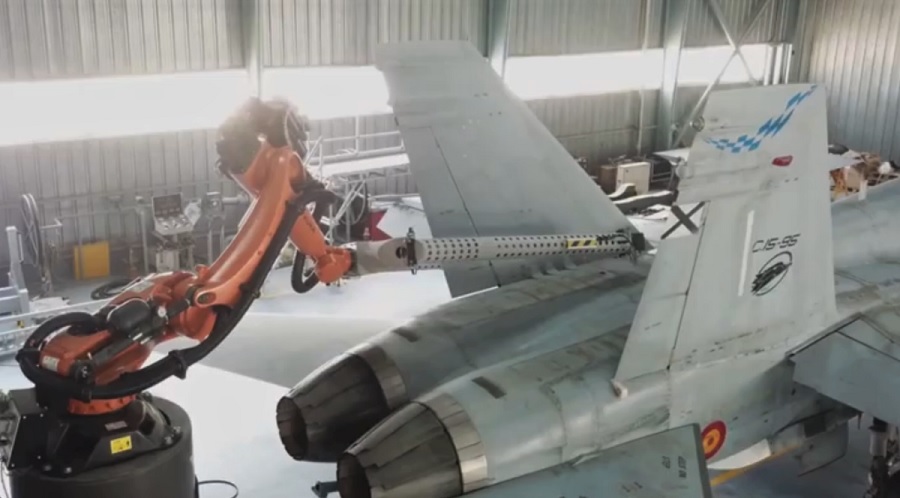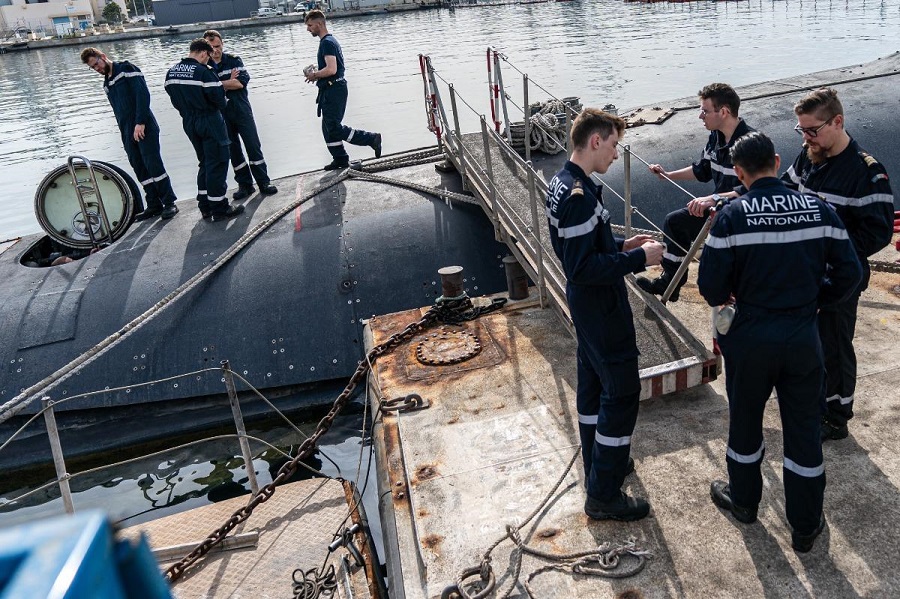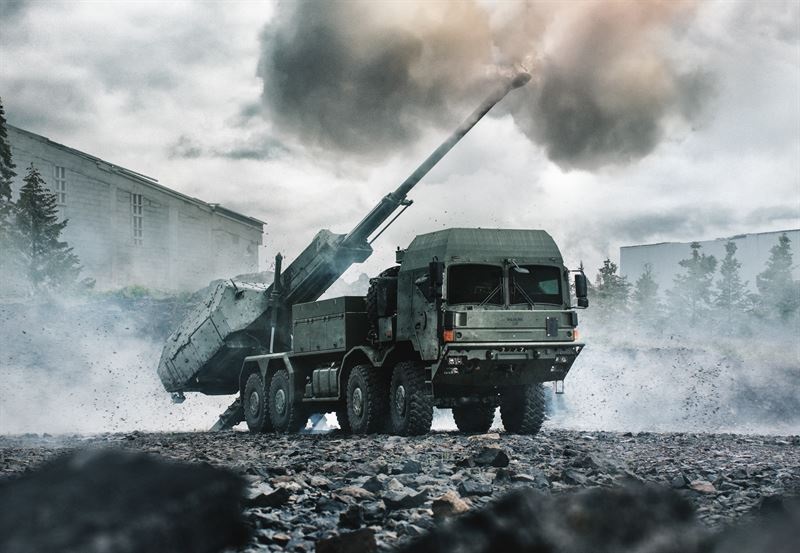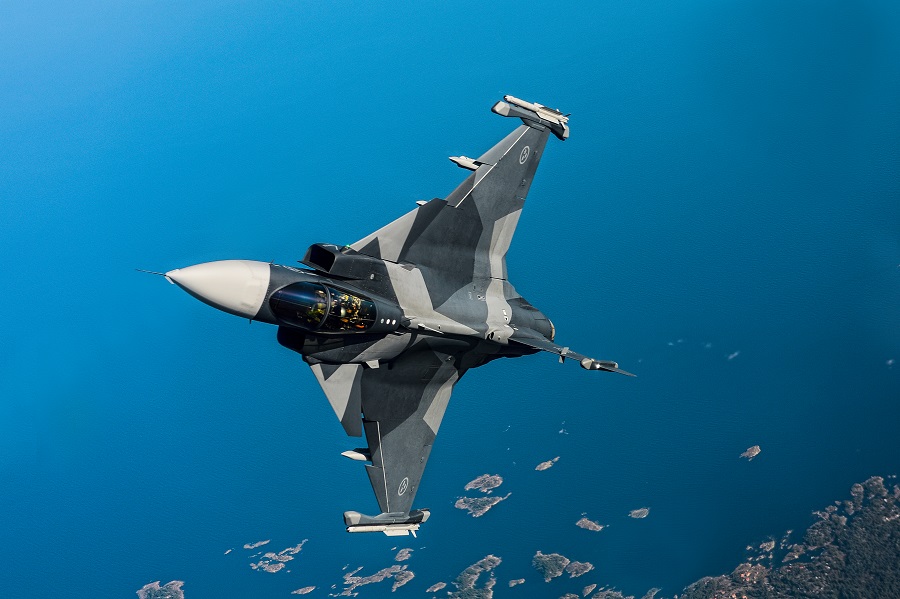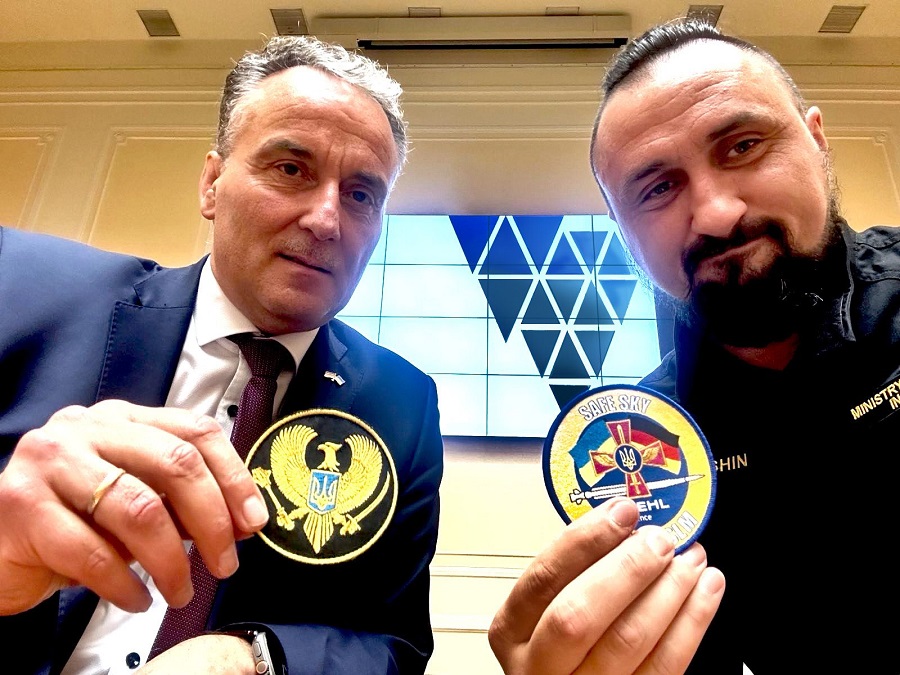Joint procurement to replenish weapons’ stocks is central to that. “The area of joint procurement has already proved its added-value. And EDA has expertise for this,” he said.
“When it comes to military capabilities I need the following: I need timely delivery of military equipment, I need interoperability of systems on the battlefield. And I also need the possibility of gradual upgrades throughout the whole lifecycle, especially with the speed of changing technologies,” General Řehka said.
HYBRID THREATS
Shining a spotlight on transatlantic ties, EDA’s Chief Executive Jiří Šedivý discussed security and defence cooperation with Ambassador Julianne Smith, the United States’ Permanent Representative to NATO, who stressed the need for resilience and adaptation to hybrid threats, particularly from Russia and China. “I think the priority for us is really looking at ways in which we can come together to address some of these hybrid tactics that nations around the world are increasingly relying on,” Ambassador Smith said.
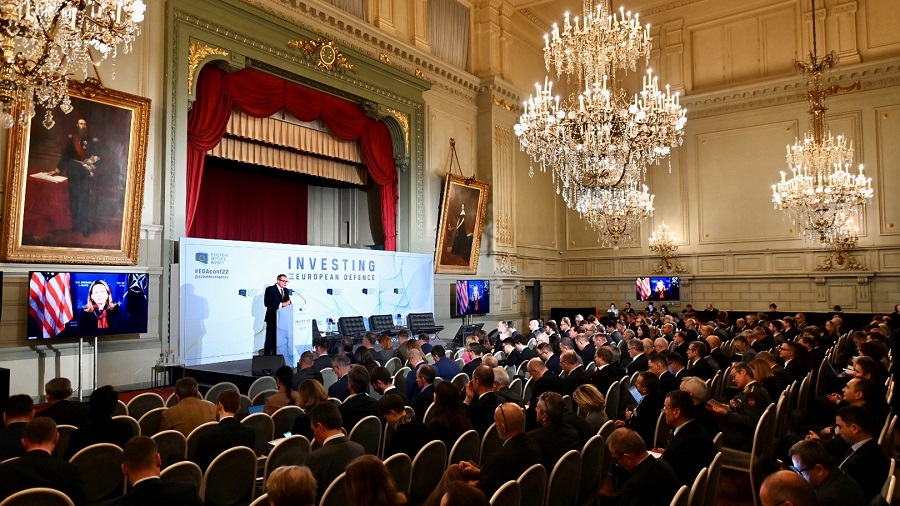
In a later panel debate moderated by EDA’s Deputy Chief Executive Olli Ruutu, senior officials also discussed how to develop, procure and operate together. Stacy A Cummings, General Manager at NATO’s Support and Procurement Agency (NSPA), cautioned that, despite the war in Ukraine, governments were still not coming together as one to coordinate and agree a single contract for the defence industry.
She said that in the area of ammunition, countries are “coming to us individually to give a demand signal for a specific type of ammunition. The nations are coming one at a time. What we need is a convening mechanism.” Cummings said she hoped to see that change in the next five years across the defence spectrum as processes and policy adapt from peacetime to the more demanding security environment. “We can’t afford to invest in individual solutions.”
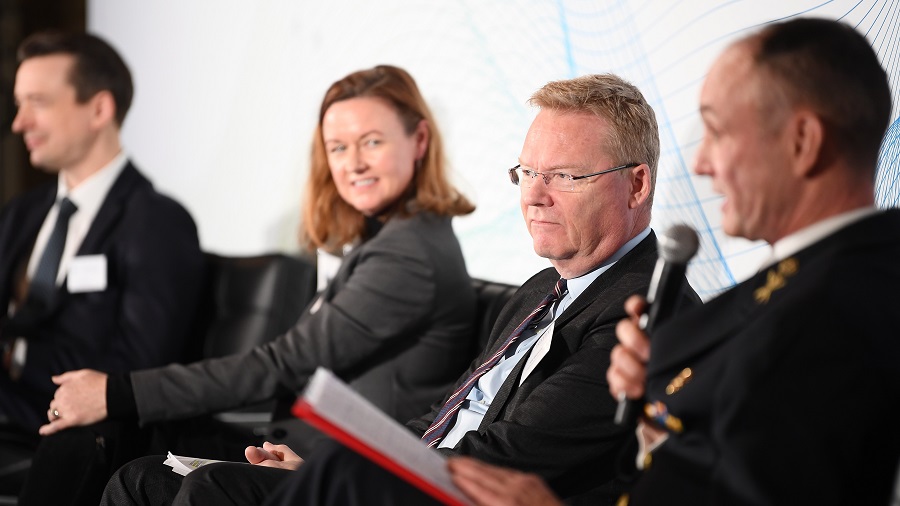
Kim Jorgensen, Director-General and Permanent Representative to the EU at the European Investment Bank, made a pledge for an end to duplication. But he said that there were constraints on where the bank can invest when it comes to defence. “In the area of military mobility, we can see a big role for us,” he said, referring to EDA-led work on standardising cross-border military transport procedures.
Vice Admiral Arie Jan de Waard, National Armaments Director and Director of the Defence Materiel Organisation, the Netherlands, was also clear at the conference on the need for collaboration, saying: “Don’t duplicate. Do it (develop weapons) with EDA, do it with NSPA. Strive for interoperability. Use the same systems.”
Timo Pesonen, Director General, DG DEFIS, European Commission, said he welcomed the political guidance at the highest political level on defence. He urged for the EU to press forward on innovation, highlighting EDA’s innovation hub. “We need to have a common programme with Member States and EDA to attract young engineers and change the image of the defence industry.”


